Carrier On My Wayward Son: Carrier Oils

Carrier Oils are an important part of using essential oils. The vast majority of the time, essential oils cannot be applied directly to the skin due to the risk of skin irritation because the oils are so concentrated.
This article is one in a series about essential oils and how to use them or make cosmetics from them.
Carrier oils are used to “dilute” essential oils since essential oils are so volatile and evaporate so quickly. Essential oils contain the natural characteristics of the plants they come from in extreme concentrations, so oftentimes, they are too strong to apply to the skin undiluted. Carrier oils are made from plant materials, making them great to use for skin care. These carrier oils don’t evaporate, so they “carry” the oils very well without adding any strong scents. They simply reduce the concentration of the desired essential oil(s) without changing the chemical or therapeutic properties of the oils. Most carrier oils can be combined with other carrier oils in many combinations, so you can experiment and mix and match to get the perfect blend for you!
Products such as shortening, butter, margarine, and lard should NOT be used in skin care products and should only be used in cooking applications. And although they can and may serve other purposes, using mineral oil and substances with petroleum as carrier oils is a big no no! Don’t do it! Some carrier oils can also be used as cooking oils, but check with the packaging before doing so, just in case.
Since carrier oils are high in fat, they don’t last forever. Eventually they go bad. The shelf life of carrier oils vary from as short as six months to a year or longer. The packaging should tell you all you need to know. Make sure to store your oils in the containers they came in, preferably in a cool, dark place. Also, when you shop for your oils, try to find oils that are cold pressed and do not contain additives.
The most common carrier oils are:
almond: moisturizing, lots of vitamin E and A. Sweet, nutty, mild aroma. Do not use if you’re sensitive to nuts. Oleic acid. Also called sweet almond oil.There are other carrier oils as well such as cranberry seed, hazelnut, hemp seed, pecan, pomegranate seed, watermelon seed, and others.
What is your favorite carrier oil?




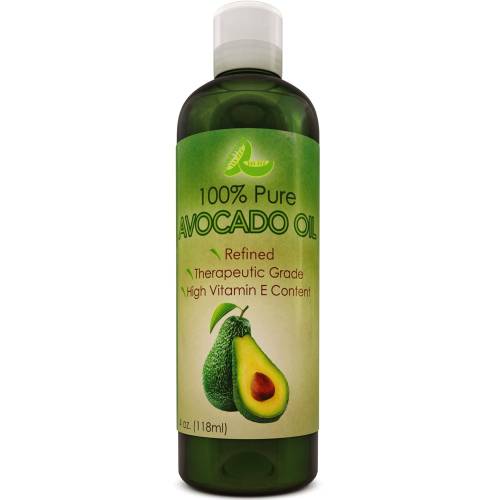
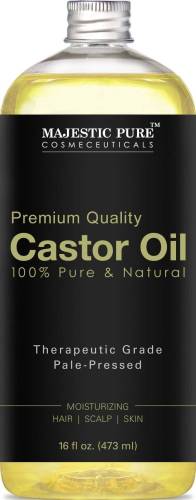
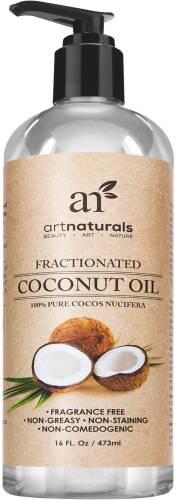

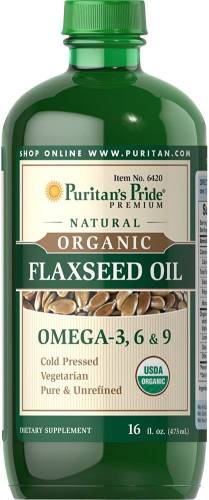
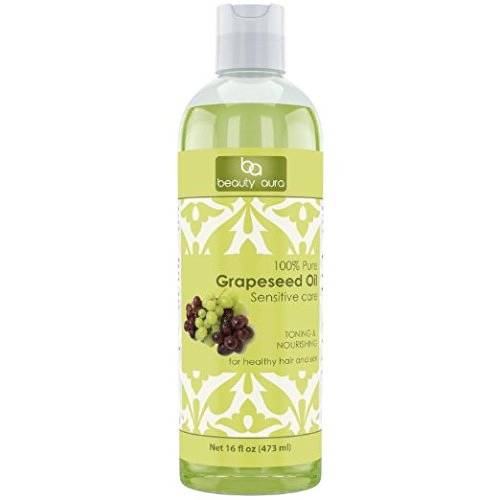
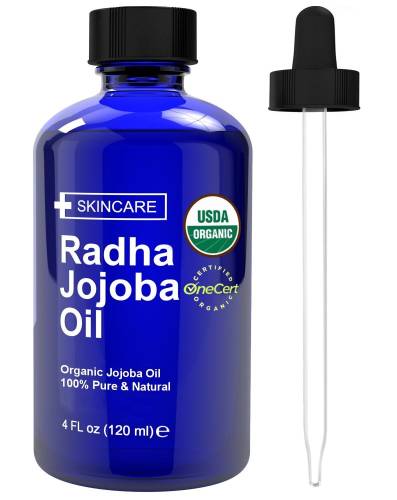
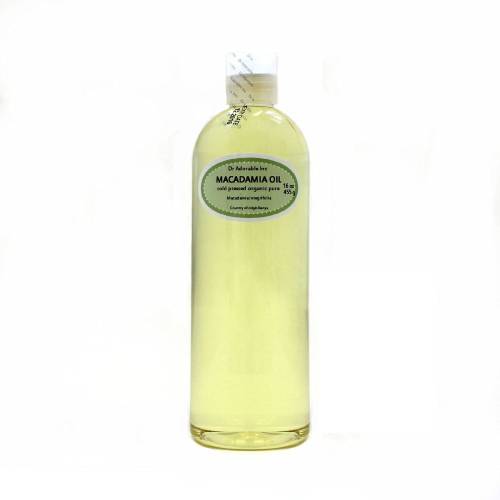
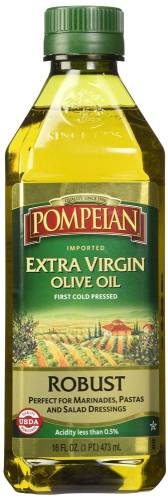
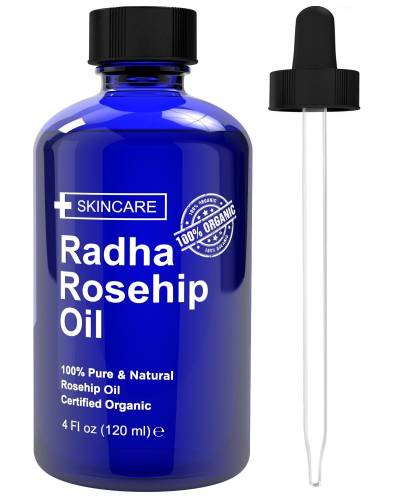
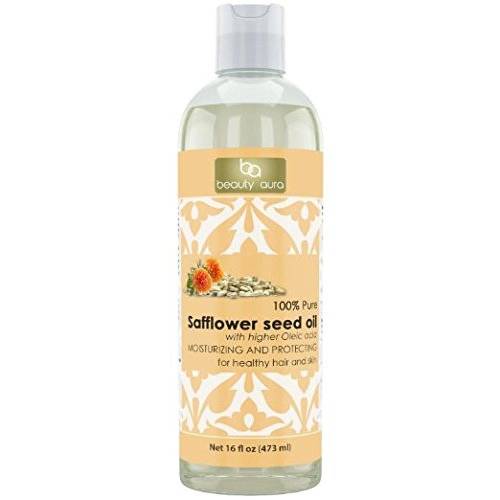

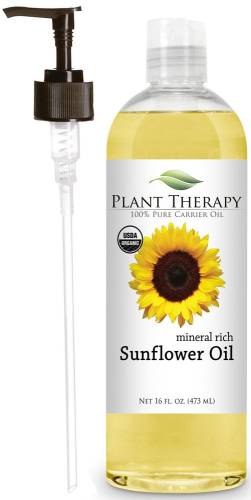


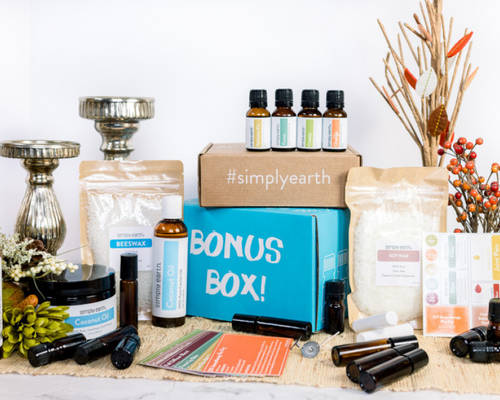
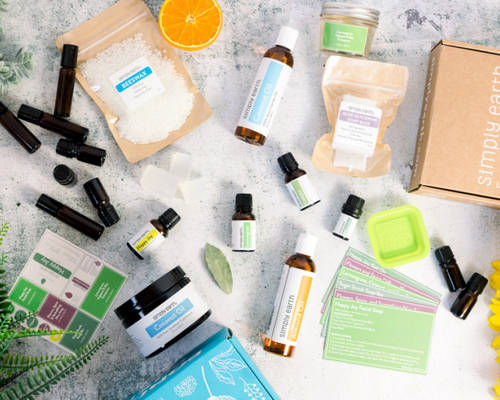












Comments